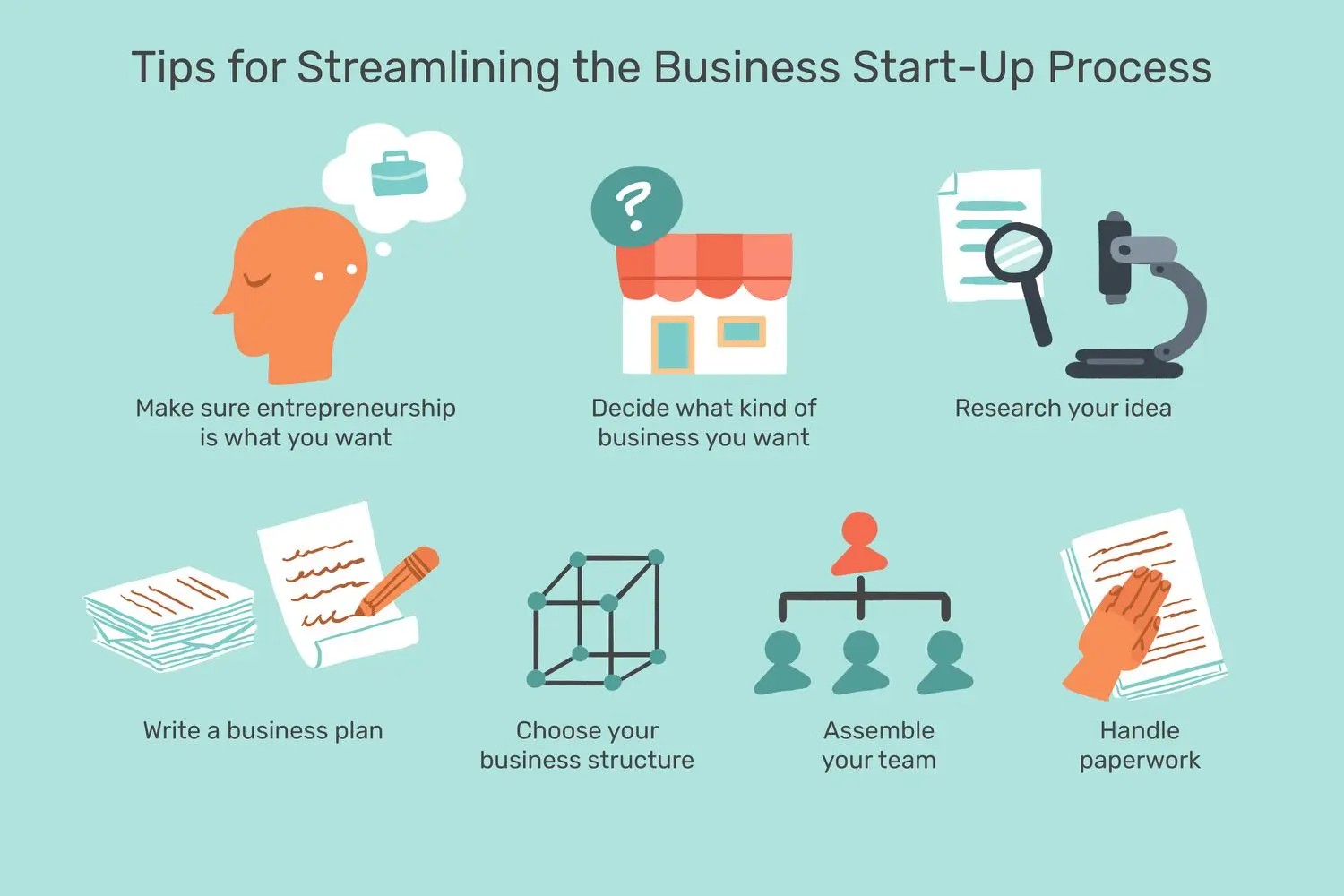In today’s evolving job market, freelance bookkeeping is quickly becoming one of the most attractive career options, particularly for those looking to work from home. As businesses of all sizes move towards remote work and digital solutions, the need for skilled bookkeepers has surged. Freelancers in the bookkeeping field can manage financial tasks such as payroll, tax filings, and account reconciliation, all from the comfort of their homes, creating a world of opportunity for those with the right skills.
Why Choose Freelance Bookkeeping?
Freelance bookkeeping offers a unique combination of flexibility and independence. Freelancers have the ability to set their own schedules, work with a wide variety of clients, and decide the type of bookkeeping services they provide. Whether it’s basic data entry, reconciling accounts, or preparing financial reports, freelancers are in high demand as businesses look to save money and avoid the overhead costs of hiring full-time employees.
Additionally, as more businesses turn to virtual operations, the pool of potential clients for freelance bookkeepers continues to expand. Small businesses, startups, and individual entrepreneurs often seek freelance bookkeepers to manage their financial records without the cost of hiring an in-house accountant. This growing trend makes freelance bookkeeping an appealing option for professionals looking for career growth while maintaining a healthy work-life balance.
Skills and Tools Needed for Freelance Bookkeeping
Starting a career as a freelance bookkeeper requires a strong understanding of accounting principles and proficiency with modern bookkeeping software. Tools like QuickBooks, Xero, FreshBooks, and Wave are essential for streamlining bookkeeping tasks such as tracking expenses, generating invoices, reconciling bank statements, and preparing financial statements.
In addition to proficiency with these tools, freelance bookkeepers must be detail-oriented, highly organized, and capable of communicating clearly with clients. Accuracy is crucial when managing financial records, and any errors can have significant consequences for both the bookkeeper and the client. A good freelance bookkeeper will also stay up-to-date with current tax laws and regulations to ensure that their clients remain compliant.
Obtaining Bookkeeping Certification
While some freelance bookkeepers may start without formal training, obtaining certification can increase job prospects and build trust with clients. There are several reputable online programs and certifications available to help bookkeepers gain the credentials needed to stand out in a competitive job market. Organizations like the American Institute of Professional Bookkeepers (AIPB) and the National Association of Certified Public Bookkeepers (NACPB) offer certifications that demonstrate a bookkeeper’s expertise in areas such as financial reporting, payroll management, and tax preparation.
Certification programs can vary in terms of cost and duration, but they are often a worthwhile investment for those serious about growing their freelance careers. Not only do certifications provide valuable knowledge, but they also signal professionalism and competence, which can help build credibility with potential clients.
Remote Bookkeeping Jobs for Small Businesses
Small businesses, in particular, have a significant need for freelance bookkeeping services. As business owners focus on growing their companies, bookkeeping can often take a back seat. Freelance bookkeepers provide a cost-effective solution by handling the financial side of operations, allowing business owners to focus on what they do best.
Tasks such as tracking sales, managing expenses, preparing tax filings, and creating monthly financial statements are common responsibilities of freelance bookkeepers working with small businesses. Many small business owners may lack the expertise to manage these tasks themselves, which is where freelance bookkeepers step in to provide valuable services. By outsourcing bookkeeping duties, small businesses can keep their finances organized without having to hire a full-time accountant.
The Growing Demand for Freelance Bookkeeping
As more businesses transition to remote work and digital platforms, the demand for freelance bookkeepers is expected to continue growing. According to the U.S. Bureau of Labor Statistics, the employment of bookkeepers is projected to grow steadily, with a projected growth rate of 4% from 2019 to 2029. The rise of cloud-based accounting software has made bookkeeping more accessible than ever, which only increases the opportunities for freelance bookkeepers to serve a broad range of clients.
Additionally, freelancers in the bookkeeping industry have the potential to specialize in different niches, such as tax preparation, forensic accounting, or small business bookkeeping. Specializing in these areas can open up opportunities for higher-paying projects and more prestigious clients, further boosting income potential for freelance bookkeepers.
Building a Successful Freelance Bookkeeping Business
To build a successful freelance bookkeeping business, it’s important to develop strong client relationships and maintain a professional reputation. Freelancers should focus on providing exceptional service, meeting deadlines, and maintaining clear communication with clients. Networking, both online and offline, can help freelancers connect with potential clients and build a strong client base.
As a freelance bookkeeper, it’s also crucial to establish a solid pricing structure. Freelancers can charge by the hour or offer flat-rate pricing for specific services. Many freelancers find success by offering packages tailored to the unique needs of their clients. Pricing should reflect the freelancer’s experience, skill level, and the complexity of the services being offered.
Freelance bookkeepers can also benefit from utilizing various online platforms like Upwork, Freelancer, and Fiverr to find clients. These platforms connect freelancers with businesses seeking bookkeeping services, providing a way to grow their client base and establish a portfolio of successful projects.
The Future of Freelance Bookkeeping
The future of freelance bookkeeping looks promising as more businesses embrace remote work and digital solutions. For those with the right skills and certifications, freelance bookkeeping can provide long-term career stability and growth. With a growing number of small businesses in need of financial management and bookkeeping services, freelance bookkeepers have an opportunity to establish themselves in an expanding market.
Whether you are a seasoned professional or just getting started, the freelance bookkeeping field offers a variety of opportunities to work with small businesses, startups, and individuals. With the right tools, certifications, and approach, freelance bookkeepers can enjoy a flexible, rewarding career while helping businesses maintain financial health and compliance.





